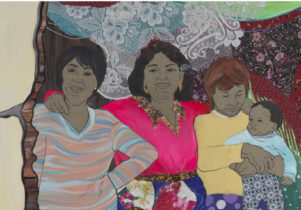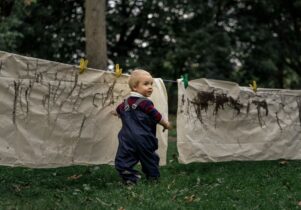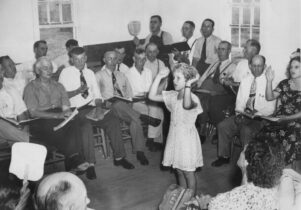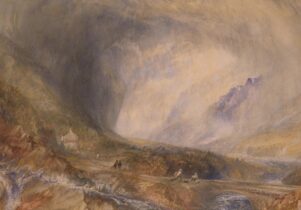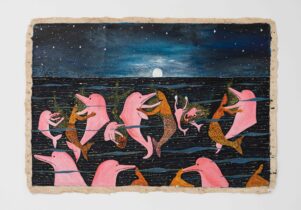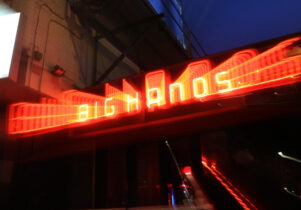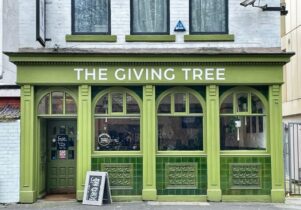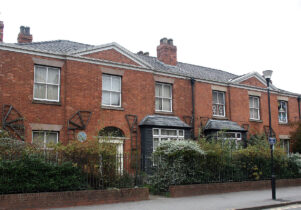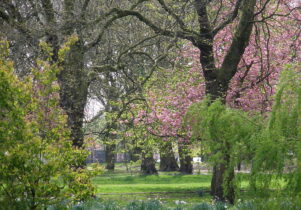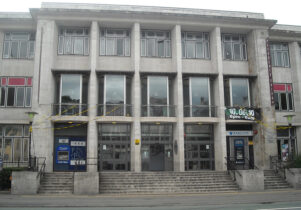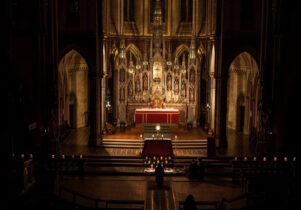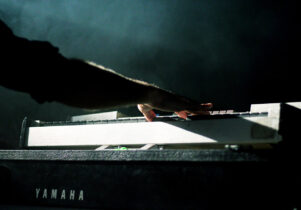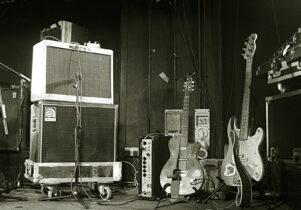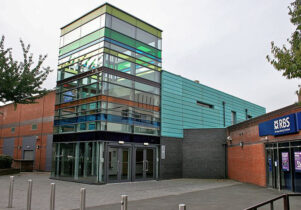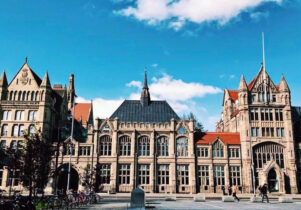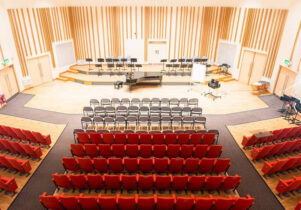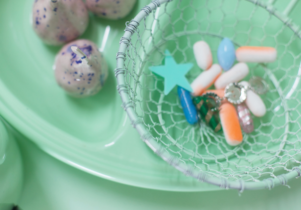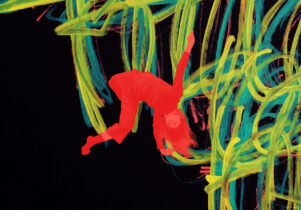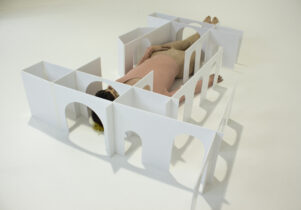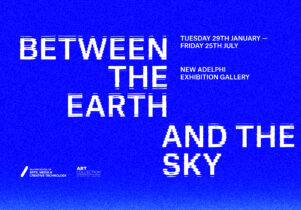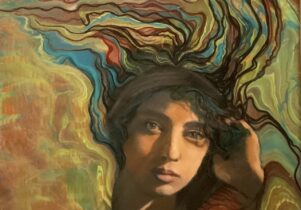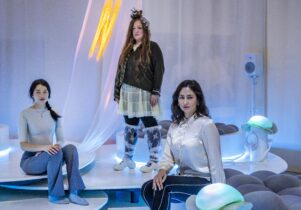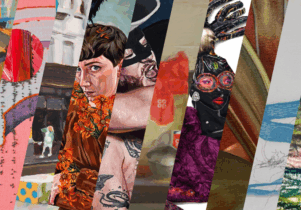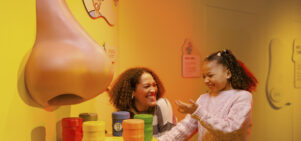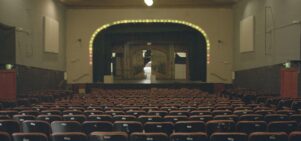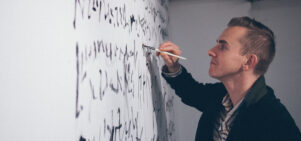Other Transmissions: Conversations with Outsider Art at The Whitworth
Sara Jaspan, Exhibitions EditorVisit now
Other Transmissions: Conversations with Outsider Art
Always double check opening hours with the venue before making a special visit.
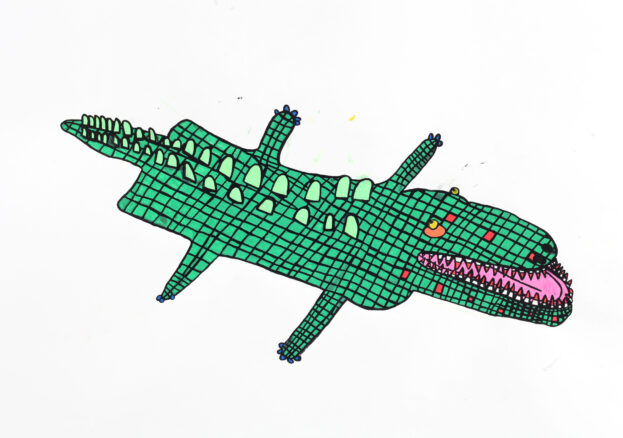
The term ‘Outsider artist’ is a complicated one. Traditionally it has been used to describe self-taught or untrained artists deemed as sitting ‘outside’ the ‘mainstream’ artworld and who often also experience other forms of social or cultural marginalisation. The label itself suggests a power structure – of not belonging to the club – and many artists view it as a gesture of limitation that places them into restrictive aesthetic ghettos. For others, however, it can signify quite the opposite; a liberating proclamation, a ‘badge of pride’ stating radical opposition to an elitist art world, a banner to organise under.
A new exhibition at the Whitworth in Manchester explores the theme of ‘Outsider Art’ from the perspective of six learning disabled and non-learning disabled artists, and has been developed partly in response to the gallery’s Musgrave Kinley Outsider Art Collection – the largest collection of ‘Outsider Art’ in a public gallery in the UK. Entering the gallery, you’ll find important items from the historic collection presented alongside a diverse body of works developed by the Other Transmissions group, which is made up of Joe Beedles, James Desser, Amy Ellison, Frances Heap, Andrew Johnstone and John Powell-Jones.
Other Transmissions: Conversations with Outsider Art is the result of a year-long award-winning residency project led by Venture Arts (a progressive Manchester-based visual arts organisation that works to build the work and careers of learning-disabled artists) in collaboration with the Whitworth and Castlefield Gallery. A highlight of the exhibition will be on the 28 May, when the Venture Arts collective will present a special evening of performance, film screenings, music and celebration. The show is also accompanied by a sister presentation of work at Grundy Art Gallery in Blackpool (7-21 March 2020).
Visitors to Other Transmissions are likely to experience a truly thought-provoking series of conversations about the art world, the labels we use, and society more generally. These are conversations shaped by different voices and perspectives, and which demand to be heard.
